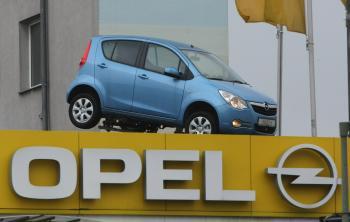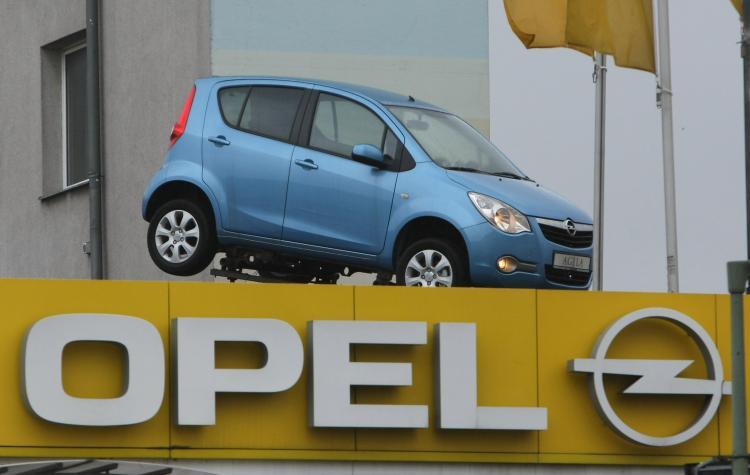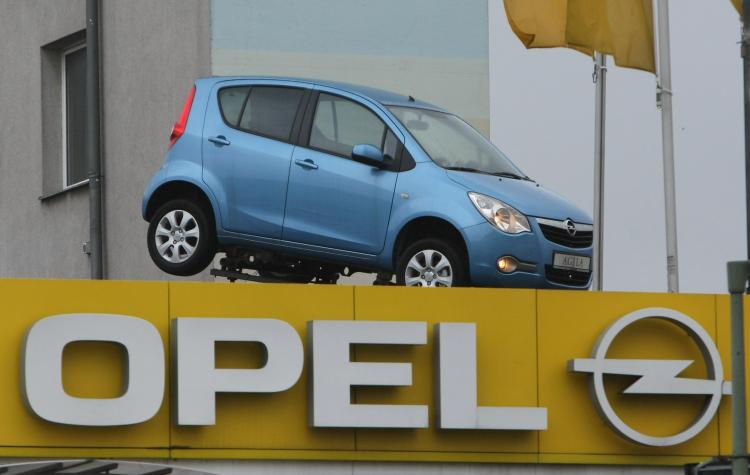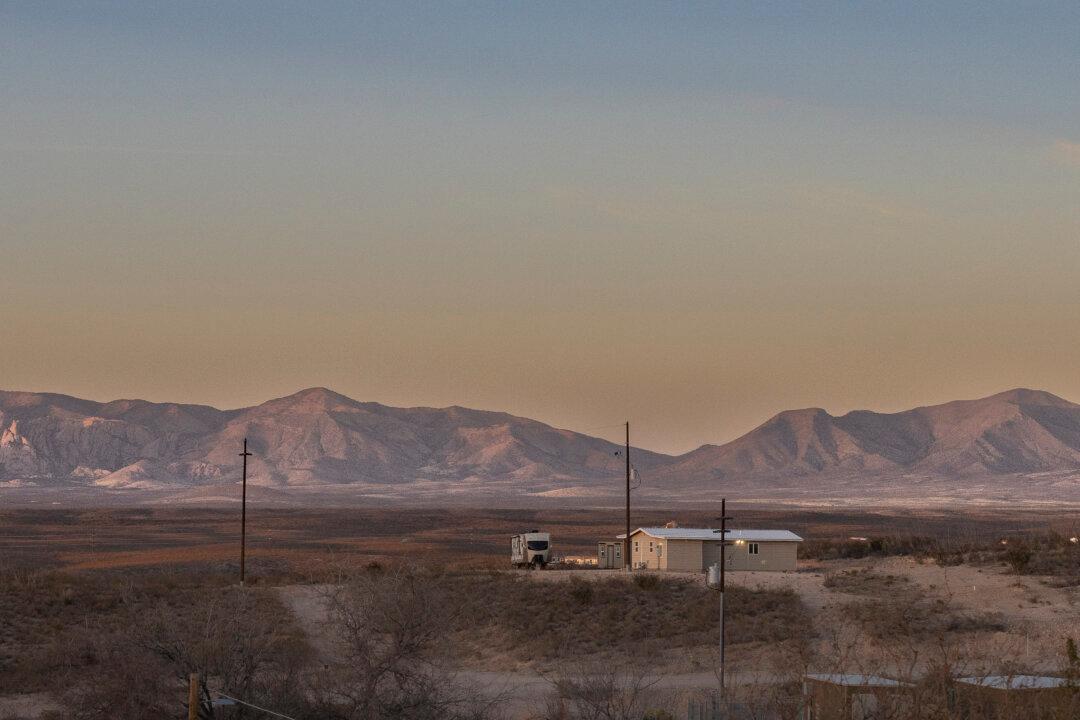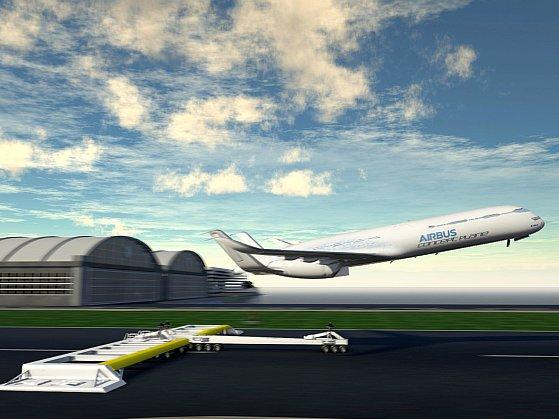Opel, one of the biggest European auto makers, and currently part of GM, faces a tough fight for survival in the face of the global economic crisis and plunging auto sales.
To help secure the future of the company, German financial minister Karl-Theodor zu Guttenberg flew to the U.S. last weekend to meet banking executives in New York. Guttenberg was then scheduled to visit Washington to meet Timothy Geithner, U.S. Secretary of the Treasury, and Rick Wagoner, GM Chief Executive, regarding Opel’s situation, reported the Associated Press.
Founded in the 19th century and part of GM for the last 78 years, Opel has been the flagship subsidiary company of GM on the European market. The current economic crisis affecting the U.S. automakers, and in particular GM, itself struggling to stave off insolvency, puts Opel, for the first time in its history, without financial support and separated form GM.
GM Europe is calling for a $4.2 billion bailout which was presented in a long-term plan for viability on March 2 to Guttenberg. A greater part of the money has to come form Germany as it is GM Europe’s main state of operations, accounting for about 56,000 workers —half of the total workforce of GM in Europe. The other part of the money will have to come from countries like Britain, Belgium, and Spain where GM-owned Saab, Chevrolet, and Cadillac plants are operating.
Many are not in favor of the German government providing finical aid to Opel. Other sectors and industries in Germany also depend on government financial injections to overcome the current economic crisis—the worst for Germany since the World War II as described by experts. Lending cash from banks is also scarce in the country.
Kai Carstensen, chief economist at the Ifo Instititute in Munich, told AFP that “there are plenty of small businesses that would never have the idea, even in their dreams, to ask the German Chancellor Angela Merkel for help for their financial issues.”
“It would be unfair to say that Opel can have something but not the others,” she said.
Besides seeking financial protection, in its 180 pages long-term plan, GM presented other strategies to save Opel.
One strategy proposed by GM is to have Opel become a separate legal entity, and to add a transfer of almost $5 billion—$3.8 billion of non-monetary assets, and $1.2 billion to come from downsizing operations of the nine factories operated by GM in Europe.
By separating Opel, GM believes it will give the company better chance to survive as other investors may become interested in the company. Selling up to 50 percent of its stake in the company and even giving up control of Opel, are also viable options, according to Fritz Henderson, GM’s chief Operating Officer.
Opel was founded in 1863 by Adam Opel. He originally produced household goods and became a major manufacturer of sewing machines. In March 1929 General Motors bought 80 percent of Opel. GM increased its stake to 100 percent in 1931, becoming the largest auto manufacturer in Europe and a global leader in car manufacturing.
During the last decade Opel maintained a strong presence in the industry. From 2004 to 2006 Opel reported profits in a stable car market. However, after 2006, GM Europe and Opel saw declines in sales.
During the Automotive News World Congress held in Detroit, Michigan on January of this year, and attended by over 800 automotive executives leaders and supplier, dealers, and analysts, Henderson said that company may run out cash by the end of March, thus, making the future of Opel even more uncertain.
To help secure the future of the company, German financial minister Karl-Theodor zu Guttenberg flew to the U.S. last weekend to meet banking executives in New York. Guttenberg was then scheduled to visit Washington to meet Timothy Geithner, U.S. Secretary of the Treasury, and Rick Wagoner, GM Chief Executive, regarding Opel’s situation, reported the Associated Press.
Founded in the 19th century and part of GM for the last 78 years, Opel has been the flagship subsidiary company of GM on the European market. The current economic crisis affecting the U.S. automakers, and in particular GM, itself struggling to stave off insolvency, puts Opel, for the first time in its history, without financial support and separated form GM.
GM Europe is calling for a $4.2 billion bailout which was presented in a long-term plan for viability on March 2 to Guttenberg. A greater part of the money has to come form Germany as it is GM Europe’s main state of operations, accounting for about 56,000 workers —half of the total workforce of GM in Europe. The other part of the money will have to come from countries like Britain, Belgium, and Spain where GM-owned Saab, Chevrolet, and Cadillac plants are operating.
Many are not in favor of the German government providing finical aid to Opel. Other sectors and industries in Germany also depend on government financial injections to overcome the current economic crisis—the worst for Germany since the World War II as described by experts. Lending cash from banks is also scarce in the country.
Kai Carstensen, chief economist at the Ifo Instititute in Munich, told AFP that “there are plenty of small businesses that would never have the idea, even in their dreams, to ask the German Chancellor Angela Merkel for help for their financial issues.”
“It would be unfair to say that Opel can have something but not the others,” she said.
Besides seeking financial protection, in its 180 pages long-term plan, GM presented other strategies to save Opel.
One strategy proposed by GM is to have Opel become a separate legal entity, and to add a transfer of almost $5 billion—$3.8 billion of non-monetary assets, and $1.2 billion to come from downsizing operations of the nine factories operated by GM in Europe.
By separating Opel, GM believes it will give the company better chance to survive as other investors may become interested in the company. Selling up to 50 percent of its stake in the company and even giving up control of Opel, are also viable options, according to Fritz Henderson, GM’s chief Operating Officer.
Opel was founded in 1863 by Adam Opel. He originally produced household goods and became a major manufacturer of sewing machines. In March 1929 General Motors bought 80 percent of Opel. GM increased its stake to 100 percent in 1931, becoming the largest auto manufacturer in Europe and a global leader in car manufacturing.
During the last decade Opel maintained a strong presence in the industry. From 2004 to 2006 Opel reported profits in a stable car market. However, after 2006, GM Europe and Opel saw declines in sales.
During the Automotive News World Congress held in Detroit, Michigan on January of this year, and attended by over 800 automotive executives leaders and supplier, dealers, and analysts, Henderson said that company may run out cash by the end of March, thus, making the future of Opel even more uncertain.
